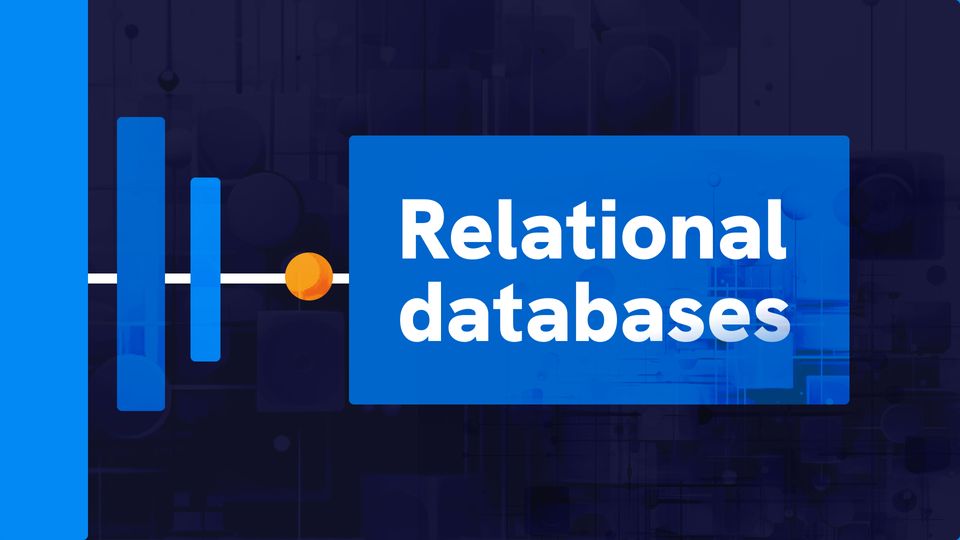What are Relational Databases?

TLDR;
- Databases store information in an organized way
- Relational databases use multiple tables with relationships to each other, allowing for easier database modifications
- Non-relational databases store information all in one place, allowing for faster speeds
- Xano provides the advantages of relational and non-relational databases out of the box
Introduction to Databases
Databases store information in an organized way, like a filing cabinet for your bills. The tables in a database act like the folders in your filing cabinet. There are two main types of databases: relational and non-relational.
Relational Databases
Relational databases contain tables that relate to each other. If you needed to get your medical bill from the cabinet, you would go to the medical folder and pull out the record corresponding to your name.
Similarly, relational databases use tables (like folders) and keys (like a person’s name) to store and retrieve information. These keys can correspond to many tables, making it easy to grab relevant information.
Non-relational Databases
Non-relational databases store all the information in one place, like having all your bills in one folder. This might make it faster to retrieve information than having to go to multiple folders, but it does come at a cost in terms of flexibility.
If you wanted to change the address on your medical bills, you’d have to search through the whole document to change each one. With relational databases, though, you could make the change within just the medical folder.

Which to Use
So are relational or non-relational databases more effective overall? It’s hard to say. If you have a firm understanding of the data you need then a non-relational database might be better. Otherwise, it could be better to work with a relational database so modifications can be made with ease.
Why Use Xano for Your Database
Xano uses Postgres to provide the advantages of both relational and non-relational databases out of the box. That way, you can quickly build and modify your backend and still have the freedom to scale with faster speeds once you understand your data well enough. This is why Xano is the trusted Backend for over 20,000 SMB and Enterprise applications.
Sign up for Xano today or learn more about how Xano can help you make your app scalable, secure, and compliant.